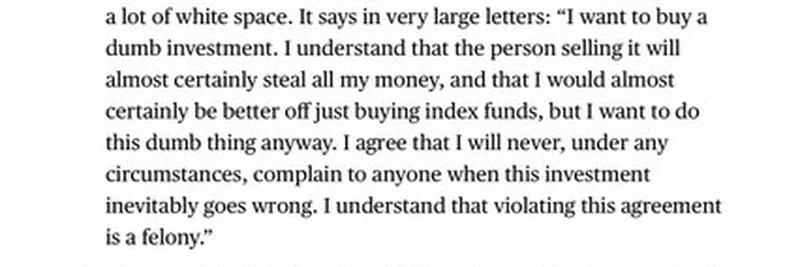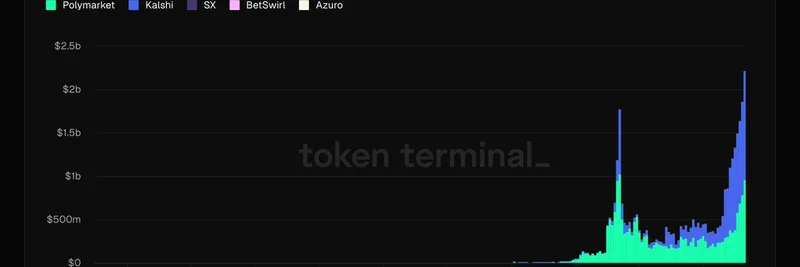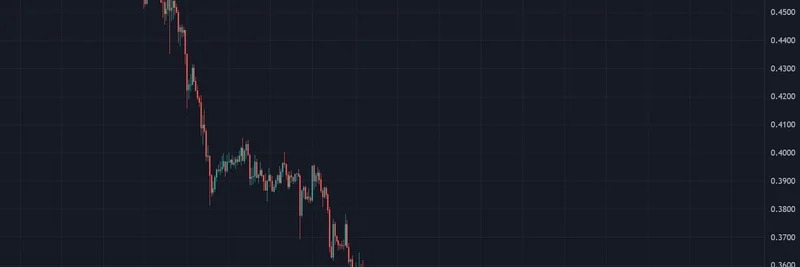Hey there, meme token enthusiasts and blockchain buffs! If you’ve been scrolling through X lately, you might have stumbled upon a wild idea from Dan Robinson, a name you might recognize from the crypto space. On August 3, 2025, he shared a thread that’s got everyone talking—his “Certificate of Dumb Investment” proposal. It’s a cheeky, out-of-the-box take on how we could rethink securities regulation, especially in the wild west of crypto and meme tokens. Let’s break it down and see why this idea is sparking so much buzz!
What’s the Big Idea?
Robinson’s proposal is a fantasy solution to the headaches of consumer securities regulation. He’s frustrated with how current rules—like those from the SEC—try to shield people from risky investments, often missing the mark. His idea? Let anyone invest in safe, diversified options like mutual funds or insured bank accounts. But if you want to dive into riskier, “dumb” investments (think meme coins or unproven tokens), you’d need to get a Certificate of Dumb Investment. Here’s how it works in his own words:
- Step 1: You can invest freely in approved, low-risk options.
- Step 2: For anything riskier, visit your local SEC office and get that certificate.
- Step 3: Sign a form admitting you know the investment is likely a scam, and you won’t complain if you lose everything.
- Step 4: An SEC employee might even give you a playful slap to make sure you’re serious!
- Step 5: Show the certificate to the seller, and you’re good to go.
- Step 6: If you later cry foul (especially to the Wall Street Journal), you could face prison time.
It’s satirical, sure, but it’s also a clever way to shift responsibility back to the investor while keeping markets fair.
Why This Matters for Crypto and Meme Tokens
If you’re into meme tokens—like Dogecoin or Shiba Inu—you know the space is full of hype and risk. Robinson’s idea ties into a bigger debate about how much protection investors need versus how much freedom they deserve. The SEC often steps in to prevent fraud, especially after high-profile crypto crashes like FTX. But critics argue this can stifle innovation. The Certificate of Dumb Investment flips that script, saying, “If you’re willing to take the risk, go for it—but don’t expect a bailout.”
This resonates with the meme token community, where “to the moon” dreams often crash into reality. Imagine a world where buying a new meme coin requires this certificate—would it weed out casual speculators or just add a fun layer to the game?
The Reactions on X
The thread blew up, with folks like Jon Wu suggesting it could be built using Ethereum Attestation Service, a blockchain tool for verifying claims. Others, like @rahulios1, called it a “thought experiment” that aligns with the SEC’s job to ensure fair markets, not babysit investors. Even @malekanoms chimed in, linking it to old-school “Big Boy Letters”—legal waivers for risky trades. The mix of humor and serious discussion shows how much this idea hits home.
My Take as a Meme Insider
As someone who’s tracked meme tokens at meme-insider.com, I love the creativity here. It’s a bold way to educate investors about risk without killing the fun of the crypto space. Sure, the slap from an SEC employee is a bit much (maybe a virtual nudge would do?), but the core idea—clear warnings and personal accountability—could fit nicely with blockchain’s decentralized ethos. Plus, it’d make for some hilarious memes!
That said, getting this enacted would face political hurdles, as Robinson admits. Governments love protecting citizens, and a system this blunt might ruffle feathers. Still, it’s a great conversation starter for how we regulate the chaotic, meme-fueled world of crypto.
Final Thoughts
Dan Robinson’s Certificate of Dumb Investment is more than a joke—it’s a mirror for the crypto industry. It challenges us to think about risk, responsibility, and regulation in a space where meme tokens can turn a $1 investment into a fortune—or a total loss. Whether it ever becomes real, it’s sparking ideas that could shape the future of blockchain investing. What do you think—would you sign up for your certificate? Drop your thoughts in the comments, and let’s keep the discussion going!




